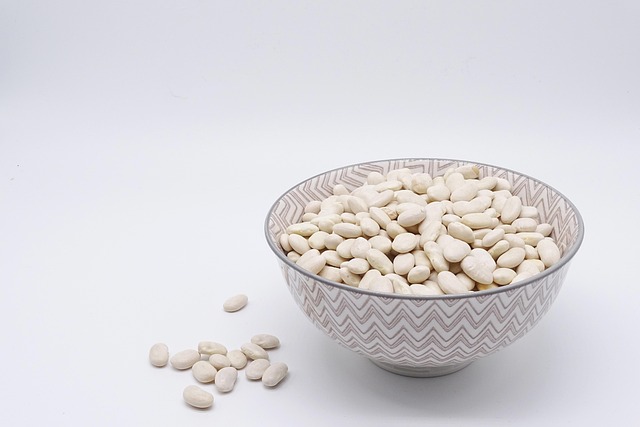In the quest for a healthy lifestyle, one of the most important factors to consider is nutrition, and more specifically, protein absorption. This essential process plays a critical role in building and repairing tissues, supporting immune function, and providing the energy necessary for everyday activities. Understanding how to maximize protein absorption can significantly contribute to your overall well-being and enhance the results of your dietary efforts.
To begin with, it’s vital to recognize the different types of protein and how they affect our bodies. Proteins derived from animal sources, such as meat, dairy, and eggs, are typically complete proteins, meaning they contain all the essential amino acids that your body cannot produce on its own. On the other hand, many plant-based proteins may lack one or more of these essential amino acids. For individuals following a vegetarian or vegan diet, combining different plant proteins—like beans and rice—can help ensure adequate protein absorption and a complete amino acid profile.
Optimizing protein absorption isn’t just about the source; timing and the presence of other nutrients matter too. Consuming protein throughout the day in balanced meals or snacks can maximize absorption, as our bodies are more efficient in using protein when it’s ingested gradually rather than in one large dose. Incorporating protein into every meal creates a steady supply of amino acids, crucial for muscle repair and regeneration, enhancing both physical and mental performance.
Furthermore, certain factors can positively impact protein absorption. For example, including healthy fats and carbohydrates in your meals not only makes them more satisfying but also aids in nutrient retention and absorption. Foods rich in vitamins and minerals, such as fruits and vegetables, can enhance the body’s ability to utilize proteins effectively. Fermented foods, like yogurt and sauerkraut, can also improve gut health, which is essential for optimal digestion and absorption of nutrients—an important aspect of any healthy nutrition plan.
Adequate hydration is another crucial component that is often overlooked. Water plays a vital role in nearly all biochemical processes in the body, including digestion and nutrient absorption. Ensuring you stay properly hydrated throughout the day can help facilitate the body’s ability to process protein more effectively.
Lastly, while protein is important, it’s essential to consider its place within a diverse and balanced diet. Relying solely on protein can lead to nutrient deficiencies and imbalances. To truly thrive, focus on a variety of food groups, ensuring you’re getting a well-rounded intake of vitamins, minerals, and other macronutrients, alongside your protein sources. This holistic approach to healthy nutrition will not only contribute to better protein absorption but will also promote overall health and vitality.
As you embark on your journey towards a healthier lifestyle, understanding the science behind protein absorption can empower you to make informed dietary choices. Emphasizing the quality of protein, timing of consumption, and the synergistic effects of other nutrients will help you on your path to achieving your health and fitness goals.


